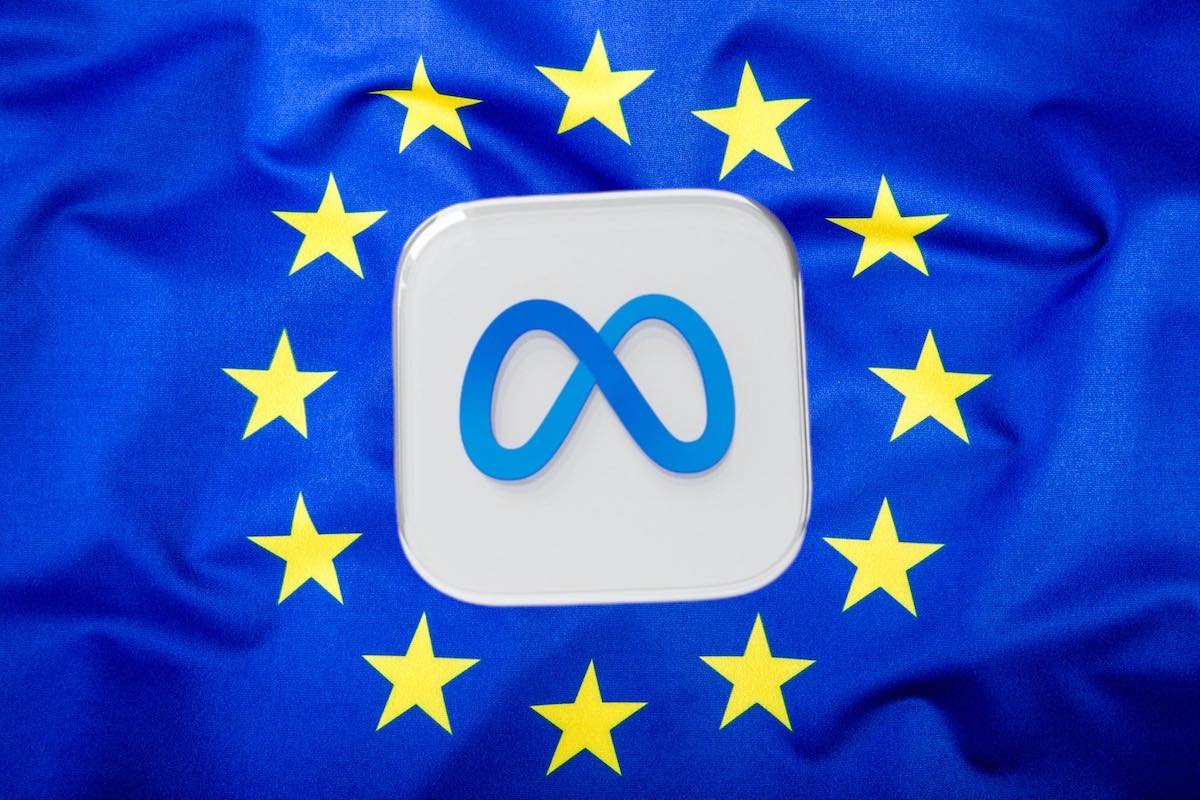| Despite Assurances, CMA and Publishers Are Uneasy About Privacy Sandbox |
 |
The unease around Privacy Sandbox continues to grow, despite Google's Commitments Offer to the British CMA in which it promises not to act like a monopoly and squash competition. Google will design, implement, and evaluate the Privacy Sandbox proposals by taking into account multiple factors, including "impact on competition in digital advertising and in particular the risk of distortion to competition between Google and other market participants," as well as "impact on publishers (including in particular the ability of publishers to generate revenue from advertising inventory). Google hopes the CMA is impressed with its Commitment Offer. The authority has made it clear that Google can't move forward with Privacy Sandbox in the UK until its antitrust requirements are satisfied. Publishers Are Bracing For a 30% Revenue Loss It's one thing for the CMA to feel at ease; it's another for publishers. Stu Colman, senior director for European identity at The Trade Desk, told the Press Gazette that Topics API could lead to a 30% decline in publisher revenue. Publishers rely on cookies to segment readers into audiences, which they then offer advertisers. Advertisers like to mix and match multiple cookie-based audiences to hone in on their ideal audience. Privacy Sandbox removes that control, making it a sole function of Topics API. Rather than allowing publishers to define their audiences, Topics will group users based on five top categories the user browsed the previous week, a proposition causing discomfort at the CMA. That loss of control, which translates into an inability to describe the unique attributes of their audiences, may benefit larger publishers, but many are worried it will lead to catastrophic revenue loss for niche publishers. However, niche publishers that are worried about Google Topics may have some options. One niche publisher told AdMonsters, "now is a great time to start leaning into vendors like Ogury and OneTag, which already use their technologies to do something similar to what Google is attempting, but in a much better way." For instance, Ogury has been preparing for cookie deprecation and signal loss since Apple ATT and focuses on ways to mitigate its impact on publisher revenue. In 2020, the company launched a cookieless targeting technology called Personified Advertising to target personas instead of individuals at the placement level. "Our data model is based on various data sources, including surveys distributed directly to consumers through our network of publisher partners, semantic analysis, and bid stream data. This allows us to achieve relevant targeting at scale without depending on advertising trackers like cookies. And it's something we've been doing for years, way before Google's decision," said Jonathon Matthews VP, Publisher Development, Americas at Ogury. "Our data shows a much smaller gap in lower CPMs on Safari and initial tests on Chrome after the cookie deprecation, compared to the negative 30% to 60% typically reported in the industry," he continued. – SS |
| Forbes Warns Publishers to Retest Their SSP Integrations |
| SSPs serve publishers' needs, but according to Forbes, the relationship isn't always so peachy keen. Understanding the disconnect, Forbes conducted tests with its SSPs to enhance their revenue generation. Traditionally, publishers follow SSPs' lead to gauge integration success, but Forbes took a different approach last year. Rebecca Solórzano, Forbes' SVP of programmatic operations and strategy, highlighted this shift during Digiday's Publishing Summit. "We actually stopped, and we thought, 'What if they were wrong? What if the integration that worked for other publishers wasn't as successful as it was for us?' We did see revenue coming in, but we really wanted to start looking at testing what if we tried different integrations," pondered Solórzano. Forbes opted to begin its SSP integrations by focusing on one SSP initially. To avoid revenue disruption, the publisher selected a middle- to lower-funnel SSP where revenue was satisfactory. In testing SSPs, Forbes explored whether Amazon's Transparent Ad Marketplace or Prebid offered better implementation for its needs. The testing yielded positive results for Forbes. Revenue from the existing SSP integration remained steady, while surprisingly, revenue from a different integration doubled compared to the previous one. Publishers have expressed a desire for more SSP transparency, differentiation, and granular reporting among other things, but as Peter Cunha, Managing Director, Ad Management, Sovrn predicted, an evolution is beginning. – AB |
|
| With Elections Coming, EU Orders Social Media Companies to Hire Fact Checkers |
With elections on the horizon, the EU has told social media companies they need to beef up their team of fact-checkers to combat disinformation campaigns, particularly those stemming from Russia and far-right organizations. To guard against such misinformation, the EU has published draft election security guidelines aimed at any social media platform with over 45 million monthly active users in the EU, which they regulate under its Digital Services Act (DSA). According to The Guardian, the guidelines require social media platforms to take six actions, including labeling all AI-generated content and giving users control of content recommendations, among others. US publishers share concerns over disinformation and misleading advertising, and many are updating their political ads policies in preparation for the November election. Those policies range from blocking all political ads except those that meet specific criteria, limiting them to specific news sections that cover political news, requiring AI disclosure, and spot-checking ads. For more information, see the AdMonsters Playbook, Navigating Political Ads 2024 Election Season. – SS |
| Strict AI Advertising Contract Guidelines Garner Mixed Reactions |
| Brands are pushing for stronger AI protections in contracts with ad agencies, leading to tension between agencies embracing generative AI and clients wary of potential misdirection. Ad industry leaders note a rising trend of strict AI clauses in agreements, reflecting clients' concerns. This tension is evident as agencies expand AI usage while clients impose tighter restrictions. This trend of stringent AI terms is growing in prevalence, with industry leaders noting its rise and the Association of National Advertisers advising brands to incorporate AI clauses in agency contracts. On the other hand, some warn that brands should avoid overly restrictive policies requiring clearance for all AI use by agencies. There's a difference between generative AI for ad creation and machine learning for data analysis and targeting, says Ashwini Karandikar, executive VP of media, tech, and data at 4A's. Insisting on disclosure and approval for every AI use complicates contracts without benefiting advertisers. Karandikar urges that the focus should be on understanding and mitigating risks with clear guidelines. – AB |
 |
|||||||
|
|||||||
 |
|||||||
|
|||||||
 |
|||||||
|
|||||||
| @{optoutfooterhtml}@ |










